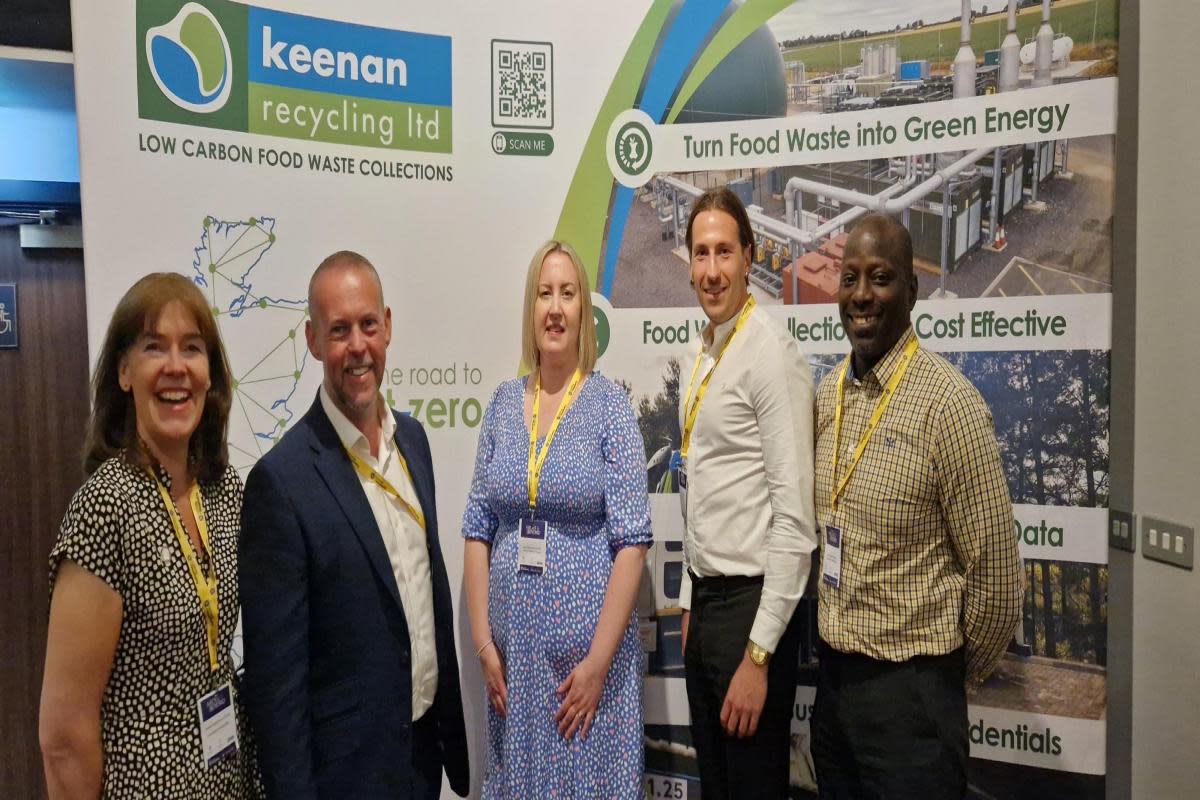Welsh hospitality businesses embrace new sustainability laws

Regulations introduced by the Welsh Government now require hospitality businesses including hotels, restaurants, pubs and bars to separate out their recycling, including food waste over 5kg per week.
Less than two months following the introduction of these laws, the Institute of Hospitality has hosted a seminar to evaluate their impact.
The seminar was sponsored by Keenan Recycling, Britain's largest food waste recycler whose client base in Wales expanded from 300 to 1,500 sites in the first weeks following the enforcement of the new laws.
Grant Keenan, managing director of Keenan Recycling, led a panel discussion and noted: "It was fascinating to hear directly from those responsible for ensuring the new laws were adhered to and how vital environmental sustainability is to their growth and business success."
Mr Keenan observed a five-fold increase in their collections, but the company has relied on past experiences in Scotland which faced similar legislation changes in 2017 to assist customers with their transition.
He noted that "it's understanding what's important to our clients" that matters.
He revealed that the trucks they use are fuelled by the waste they collect, which he said is "hugely beneficial to users."
Other speakers on the panel discussed the challenges they encountered while implementing these new regulations.
Lucy Wonnacott, marketing manager at the Port of Milford Haven, emphasised the importance of educating staff and customers: "Educating our staff and customers was a critical success factor.
"The education piece was a big undertaking, but it ensured the roll out was communicated and managed responsibly."
Reflecting on the trends in the hospitality industry, Fitzroy Hutchinson, energy and sustainability manager for The Celtic Collection, stated clearly that sustainability is central to all their activities.
They believe that adhering to the new regulations was a challenge which involved financing new bins, educating staff and guests, and managing site audits.
"We have a detailed section of sustainability content on our website" Hutchinson added, reflecting the importance accorded to their environmental credentials by their guests and clients.
Also, at the seminar, Will Sowerby, content and communications lead at Pact Coffee revealed that their customers regularly inquire about environmental, social, and governance topics.
"That’s where ESG reports and being a B-Corp comes in handy.
"It’s a clear and obvious signal you genuinely care about your operations beyond price," he said.
Based on the feedback from the seminar, the CEO of the Institute of Hospitality, Robert Richardson, concluded: "Environmental issues remain a hot topic for the hospitality industry.
"Wales has an outstanding reputation for achieving success on ‘green’ outcomes.
"Wales has the best recycling rate in the world, with 65 per cent of waste diverted from landfill.
"This is an incredible achievement."

 Yahoo News
Yahoo News 
